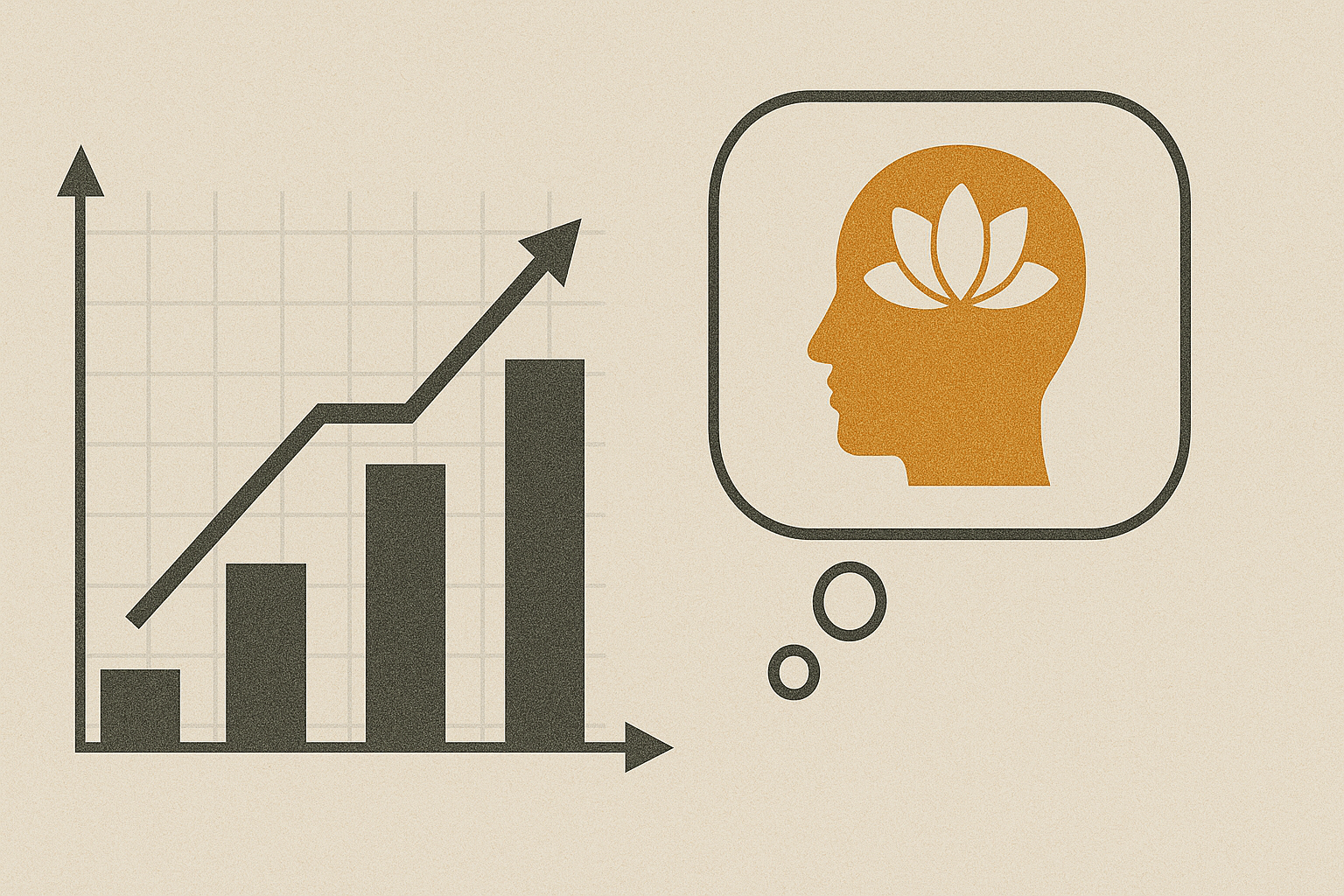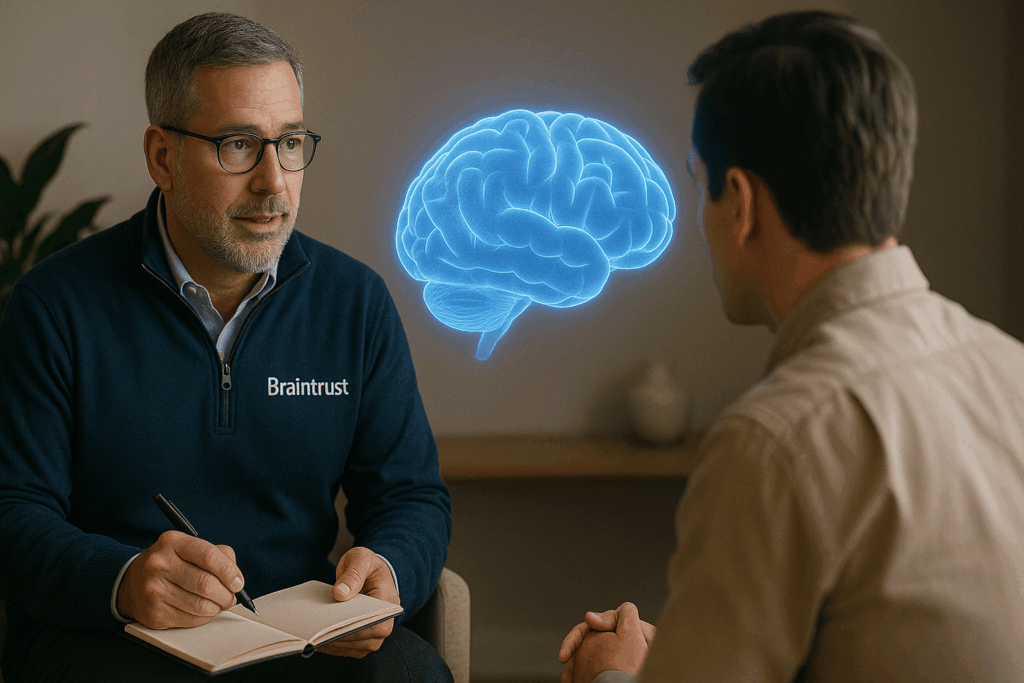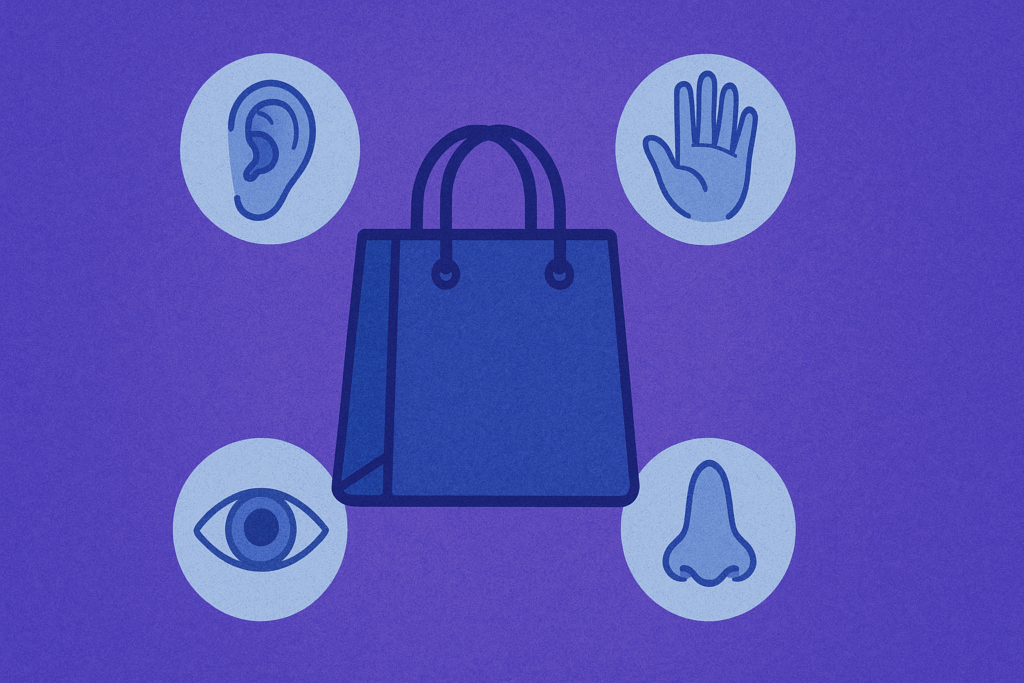I was recently doing some shopping at a local “big box” store and while I was there, they were giving out free samples of various food items. Being one of those people who lives to eat (as opposed to those who eat to live), I usually do not miss an opportunity to stimulate my palate, especially if the food is free. As I came closer to the little table, I noticed the little oven was open, as the warm sweet smell of spices wafted in the air in my direction. It was then I found myself doing something I did not expect:
“Would you like to try a sample?” the welcoming employee asked me. “Thanks, but no thanks,” I replied.
As I reflected on my answer, I was initially curious as to why I said no to free mouth-watering food, but I then remembered that I had decided to focus on my health and had decided to cut out certain foods in my diet. I had been doing this for quite a while now, so I had formed a habit of saying “no” to this particular category of food.
This got me thinking, why do people say “thanks, but no thanks” to an offer, even when there is no cost involved?
Well, the answer is rooted in neuroscience of course.
What we now know to be true, scientifically, is that all decisions we make are initially recruited emotionally and then justified rationally. What we also know to be true is that all our behaviors are rooted in a particular emotion and it’s that emotion that is driving those behaviors.
Why are these two “facts” important to understand when you are having a sales conversation? The reason it is important is that people “buy” when you are offering something that satisfies the emotion that will initiate the buying behavior. If the emotion is thirst and the salesperson is offering water, then that emotion will drive someone to buy the water.
The water is solving a “meaningful” problem. Meaningful is defined as “something serious, important, or useful in some way (Colins). We also know that the brain spends twice as much energy avoiding pain than seeking gains, so here’s the important take-away:
When you can solve someone’s meaningful problem (emotion) which is causing them some form of “pain”, the brain will spend a lot of energy wanting to solve (behavior) the problem to avoid or eliminate that pain. It will also be motivated towards a gain, but with less energy.
So in circling back to my big box store, the lovely and friendly employee was offering me something that at that moment, was not meaningful to me as it did not solve any problem I currently had. This is a valuable concept to remember.
As sales leaders, we need to understand and put into practice these scientific principles combined with skillful questions, (see our NeuroQuestioning program on the Braintrust Academy) to help our customers identify the meaningful problem that we can help them solve. Once the right emotion is recruited, then the brain will be motivated to want to solve the “painful” problem or acquire the “gratifying” gain.





